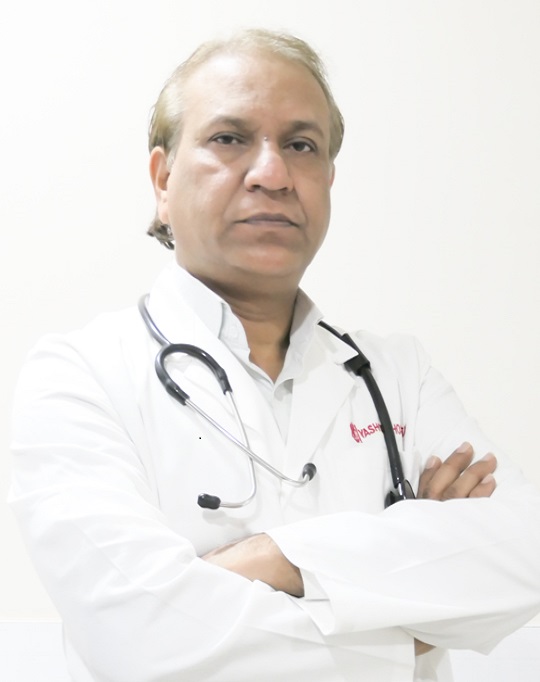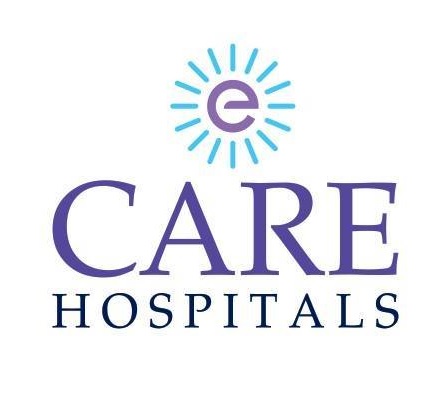Depending on the type and severity of the arrhythmia, treatment can range from lifestyle changes to advanced medical procedures.
Non-Surgical Approaches
Adopting healthier habits can significantly impact arrhythmia management. The cardiologist will advise you to improve your overall lifestyle, such as maintaining a healthy weight, engaging in regular physical activity, and managing stress.
These changes help your heart function more efficiently and reduce the frequency of abnormal rhythms. With these, the doctor will recommend the following treatment modalities:
- Medications: These are often the first line of treatment for arrhythmias. Antiarrhythmic drugs help regulate the rhythm of the heart by controlling the electrical signals. You might need one or more medications. Often, these medicines are used in combination with other treatments for better results.
- Blood Thinners: For certain types of arrhythmias, especially atrial fibrillation, anticoagulants are prescribed to prevent clot formation. This helps reduce the risk of stroke, which is a serious complication of arrhythmias.
- Cardioversion: This procedure uses electrical shocks to restore a normal heart rhythm. It is often used for arrhythmias like atrial fibrillation when medications alone are not effective. Cardioversion can quickly return the heart to its normal rhythm.

Surgical Approaches
If medications aren't sufficient to manage your arrhythmia, you might require one of the following procedures or devices. These can be minimally invasive or invasive.
- Catheter Ablation: It is a procedure where a thin, flexible tube is inserted into a blood vessel and guided to the heart. Radiofrequency energy is then used to destroy the small areas of heart tissue causing the abnormal rhythms. This can be highly effective in treating arrhythmias that do not respond to medication.
- Implantable Cardioverter-Defibrillator (ICD): An ICD is a device implanted under the skin that continuously monitors the heart’s rhythm. If a dangerous arrhythmia is detected, it delivers electrical shocks to restore a normal heartbeat. This is particularly useful for patients at high risk of sudden cardiac arrest.
- Pacemaker: It is a small device implanted under the skin that helps regulate the rhythm of the heart. It sends electrical impulses to prompt the heart to beat at a normal rate. Pacemakers are often used for bradyarrhythmias, where the heart beats too slowly.
- Surgical Maze Procedure: This surgery involves creating a series of scars in the heart tissue to disrupt abnormal electrical pathways. It is typically used for severe cases of atrial fibrillation when other treatments have failed. This procedure helps restore a normal heart rhythm by preventing erratic electrical signals.
- Open Heart Surgery: In some cases, arrhythmias may be treated through open-heart surgery, especially if there are structural heart issues that contribute to the abnormal rhythms. This approach is used when other treatment options are not sufficient.

Diet of Arrhythmia
Maintaining a healthy diet helps in managing arrhythmias. The foods you choose can influence heart health and help regulate your heartbeat. A balanced diet not only supports overall cardiovascular wellness but also reduces the risk of arrhythmias.
Below are dietary tips to help manage the condition:
- Emphasise Heart-Healthy Foods: Incorporate plenty of fruits, vegetables, whole grains, and lean proteins into your diet. These are rich in nutrients that support heart health and can help prevent arrhythmias.
- Reduce Sodium Intake: Excess sodium can lead to high blood pressure, which may trigger arrhythmias. Opt for fresh, unprocessed foods and use herbs and spices to flavour your meals instead of salt.
- Include Omega-3 Fatty Acids: Foods high in omega-3s, such as fatty fish like salmon and flaxseeds, can help reduce inflammation and support heart rhythm stability.
- Limit Caffeine and Alcohol: Both caffeine and alcohol can affect your heart rate and rhythm. Reducing or eliminating these from your diet may help manage arrhythmia symptoms.
- Monitor Electrolyte Levels: Ensure adequate intake of electrolytes like potassium, magnesium, and calcium, which are essential for maintaining normal heart function. Foods such as bananas, spinach, and nuts are good sources.
- Avoid Excessive Sugar and Processed Foods: High sugar intake and processed foods can contribute to weight gain and cardiovascular problems, which can exacerbate arrhythmias. Focus on whole, unprocessed foods for better heart health.

Cost of Arrhythmia Treatment
The total cost for treating arrhythmias can vary between ₹1,75,000 and ₹5,00,000. Several factors influence this cost, including but not limited to:
The type of treatment, whether surgical or non-surgical
Doctor's consultation fees
Insurance coverage
Hospital expenses if surgery is required
For a detailed estimate of your specific costs, consult HexaHealth.
Procedure | Cost |
Arrhythmia Treatment | ₹ 1,75,000 to ₹ 5,00,00 |



































